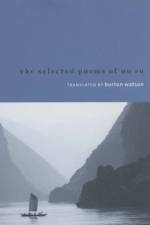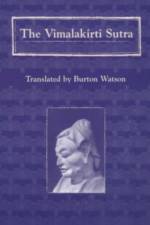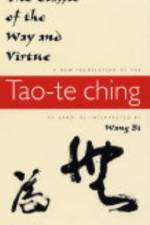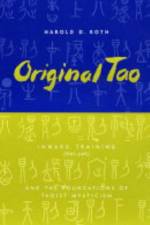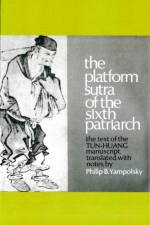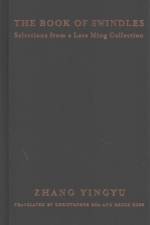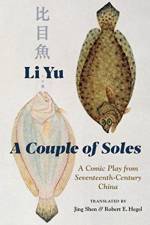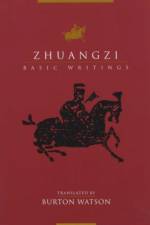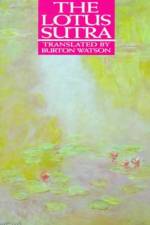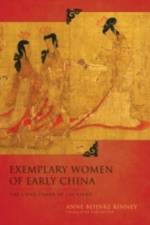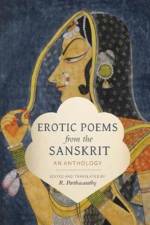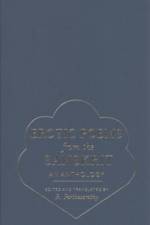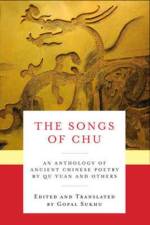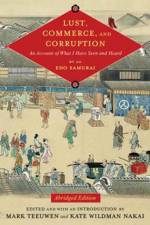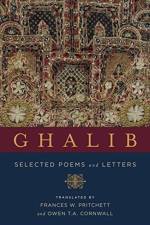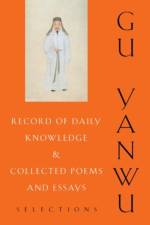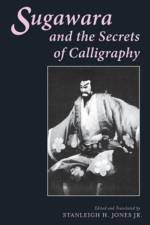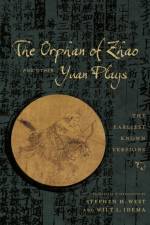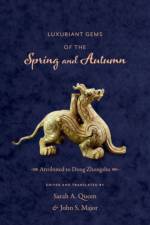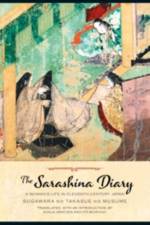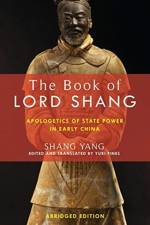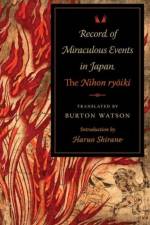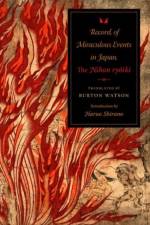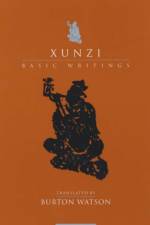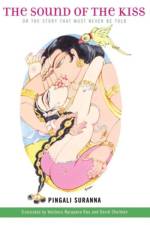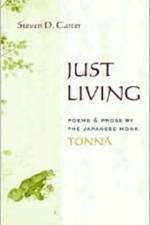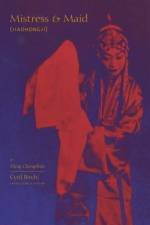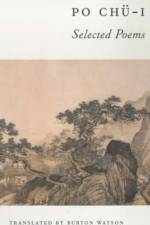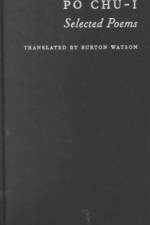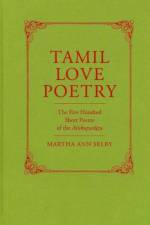- The Lienu zhuan of Liu Xiang
av Xiang Liu
445 - 1 375
In early China, was it correct for a woman to disobey her father, contradict her husband, or shape the public policy of a son who ruled over a dynasty or state? According to the Lienu zhuan, or Categorized Biographies of Women, it was not only appropriate but necessary for women to step in with wise counsel when fathers, husbands, or rulers strayed from the path of virtue. Compiled toward the end of the Former Han dynasty (202 BCE-9 CE) by Liu Xiang (79-8 BCE), the Lienu zhuan is the earliest extant book in the Chinese tradition solely devoted to the education of women. Far from providing a unified vision of women's roles, the text promotes a diverse and sometimes contradictory range of practices. At one extreme are exemplars resorting to suicide and self-mutilation as a means to preserve chastity and ritual orthodoxy. At the other are bold and outspoken women whose rhetorical mastery helps correct erring rulers, sons, and husbands. The text provides a fascinating overview of the representation of women's roles in early legends, formal speeches on statecraft, and highly fictionalized historical accounts during this foundational period of Chinese history.Over time, the biographies of women became a regular feature of dynastic and local histories and a vehicle for expressing and transmitting concerns about women's social, political, and domestic roles. The Lienu zhuan is also rich in information about the daily life, rituals, and domestic concerns of early China. Inspired by its accounts, artists across the millennia have depicted its stories on screens, paintings, lacquer ware, murals, and stone relief sculpture, extending its reach to literate and illiterate audiences alike.

